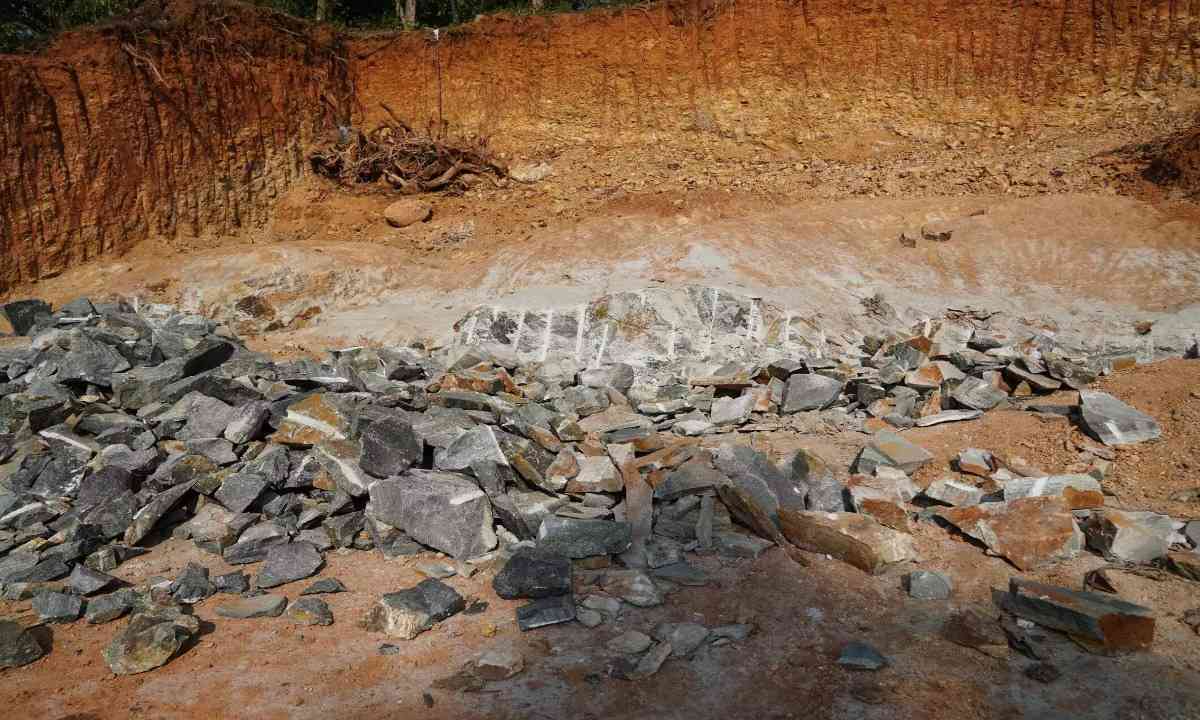According to officials from the Rajasthan government and the Geological Survey of India (GSI), Rajasthan's Degana has higher lithium reserves than Jammu and Kashmir. They claimed that the lithium in these reserves, which were found in the Degana municipality of the Nagaur district in Rajasthan, is significantly higher than the 5.9 million tonnes of lithium that were recently discovered in Jammu and Kashmir. Officials have asserted that the quantity of lithium found in Rajasthan is sufficient to satisfy approximately 80% of the nation's demand and requirements. In February of this year, lithium reserves were discovered for the first time in the Reasi region of Jammu and Kashmir. Since only a small reserve had previously been discovered in Karnataka, this was the first significant mineral discovery in India.
The government is looking for rare metal reserves both inside and outside the country due to the fact that lithium is a crucial component of batteries used in electric vehicles. All over the world, lithium is the heaviest and most malleable metal. It is one of the essential components in EV batteries and is a nonferrous metal that converts chemical energy into electrical energy. India is currently dependent on imports of a number of minerals, including lithium, nickel, and cobalt. The country has been trying to increase its supply of these essential minerals, which are also essential for advancing its plans to expand its footprint with electric vehicles. The Mines Ministry of India announced that lithium reserves have been discovered in Rajasthan, exceeding those recently discovered in Jammu and Kashmir. The EV industry will greatly benefit from it.

In addition to GSI, a group of three public-sector undertakings National Aluminium Company, Hindustan Copper, and Mineral Exploration Corp. are working together to create a vehicle for recycling, acquisition, and joint manufacturing of lithium-ion batteries as well as for research and development. Right now, 47% of the world's lithium creation happens in Australia, 30% in Chile, and 15 percent in China. However, China, Chile, and Argentina account for 58%, 29%, and 10% of the mineral's processing. Lithium plays a crucial role in India's plan to increase the number of electric vehicles sold by 30 percent by 2030. At this point, just slightly more than 1 percent of all vehicle sales in the country are electric vehicles. Due to its high power-to-weight ratio, a lithium battery is the only alternative for electric vehicles. This allows it to provide a substantial charge while maintaining a low curb weight. It is more energy productive and performs better at many temperatures. Because of this, it is a safer and more dependable method than other materials.
"India is well positioned to become the third largest market for EVs in the next four years as the country discovers significant lithium reserves in Rajasthan, in addition to the reserves that were previously discovered in Jammu and Kashmir," stated Varun Goenka, CEO and co-founder of Chargeup. He mentioned that India's EV industry has faced a significant obstacle due to batteries, which are the single most expensive item and whose supplies are dominated by China. "In any case, India is currently ready to lessen its reliance on far-off nations and control the fluctuating cost of lithium," Goenka expressed, "notwithstanding, with the 'Make in India' drive and the disclosure of lithium saves." He emphasized that this development not only enables India to satisfy its domestic needs but also enables it to supply lithium to other nations, thereby establishing a promising future for the country's electric vehicle industry. He said what's in the store appears to be energized for India as it advances quickly towards accomplishing its objective of progressing towards economical energy sources while decreasing its carbon impression.
© Copyright 2023. All Rights Reserved Powered by Vygr Media.





















